Medicinal products of Yen Tri Agricultural Cooperative participated in the exhibition at Trinh Cong Son walking street (Tay Ho, Hanoi) and were well received by consumers.
In the early stages, the district only had a few products registered for OCOP, mainly tea, honey, mushrooms, and black-bone leaves - things that are closely related to the daily lives of the Muong people. With the support of the government, cooperatives, and resources from the national target program, by the end of 2024, Yen Thuy district had 23 products standardized as OCOP, of which 4 products achieved 4 stars and 19 products achieved 3 stars. A modest number compared to large specialized areas, but a big step forward for a mountainous district with many disadvantages in natural conditions.
If we had to choose a product to represent Yen Thuy's OCOP journey, perhaps nothing would be more worthy than black leaf - a wild plant growing along the forest edge, once used by locals to treat diseases, now a 3-star OCOP product, branded by Yen Tri Agricultural Cooperative.
The story began with a survey of the growing area in Yen Tri commune, when agricultural officials realized that the black xạ growing here has very high medicinal properties, with a flavonoid content exceeding the standard compared to other regions. It is "gold in the leaves", but to turn it into real value, it cannot be picked by hand. From there, a project was built, more than 300 pages thick, with a methodical investment roadmap. In November 2024, the People's Committee of Hoa Binh province approved the Project "Developing OCOP medicinal products associated with local raw material areas in Yen Tri commune", with a total investment of 25,167 billion VND. Of which, the central budget capital is 11.5 billion VND, the provincial and district budgets contribute more than 9.6 billion VND, the rest is contributed by cooperatives and people.
The project not only supports processing, packaging, and branding, but also creates concentrated growing areas, provides training in cultivation techniques according to GACP - WHO standards, and gradually integrates local products into the national medicinal value chain. In Yen Tri, farmers who once worked hard are now learning how to distinguish the harvesting stages, how to dry them to standard, and how to manage production logs.
"At first, I thought it was something very complicated. But the staff came to train me and demonstrate each step, and I gradually followed them and found it to be a real job," said Bui Phi Diep, a member of Yen Tri Agricultural Cooperative. In his family's 4,000 m2 garden, xạ đen is planted in straight rows, with a layer of leaves underfoot to keep the moisture in, and next to it is a handwritten technical instruction board: "Do not use herbicides - spray herbal medicine from grapefruit peel and garlic."
Few people expected that the black leaf that used to be only around the village's kitchen fire is now one of the main OCOP products of Yen Thuy district, paving the way for the dream of "transformation" of local agricultural products. From seemingly modest, even forgotten products, OCOP here is expected to become a "guide" for a new path: the path of professionalism, of added value and of local pride.
In addition to xạ đen, a number of other products have also made a clear impression, such as red lingzhi mushrooms, herbal tea, wild honey, lemongrass essential oil... all of which are associated with the ecological advantages of limestone mountains. In particular, the standardization of packaging, QR codes for traceability and bringing products to e-commerce platforms Postmart, Voso... have helped products reach consumers outside the province in a more sustainable way. Thereby, contributing to economic development and improving people's lives. In 2024, the average income per capita of the whole district will reach 62 million VND, an increase of 10 million VND compared to 2023; the poverty rate will decrease to below 4%.
Comrade Bui Huyen, Vice Chairman of Yen Thuy District People's Committee, confided: OCOP for Yen Thuy is not just an economic story. It is a journey to restore local memories, a way for people to look back at their hometown products with pride. That is when a bunch of green tea is carefully wrapped in a handmade paper bag, a jar of wild honey is labeled with a local brand, or a bottle of lemongrass essential oil is sent with a thank you note.
And if the product used to be an unknown thing in the rural market, today it has become a guide, opening a new path for the modern countryside. No one thought Yen Thuy would become a large OCOP center. But that's okay, because here the transformation does not start from calculations, but from brown hands, from very real dreams on the rice fields, in the kitchen. That is the most sustainable motivation for each product to come out carrying both the scent of the land and the soul of the village.
Minh Vu
Source: https://baohoabinh.com.vn/319/199769/OCOP-huyen-Yen-Thuy-Tu-nong-san-dia-phuong-den-san-pham-dan-duong.htm


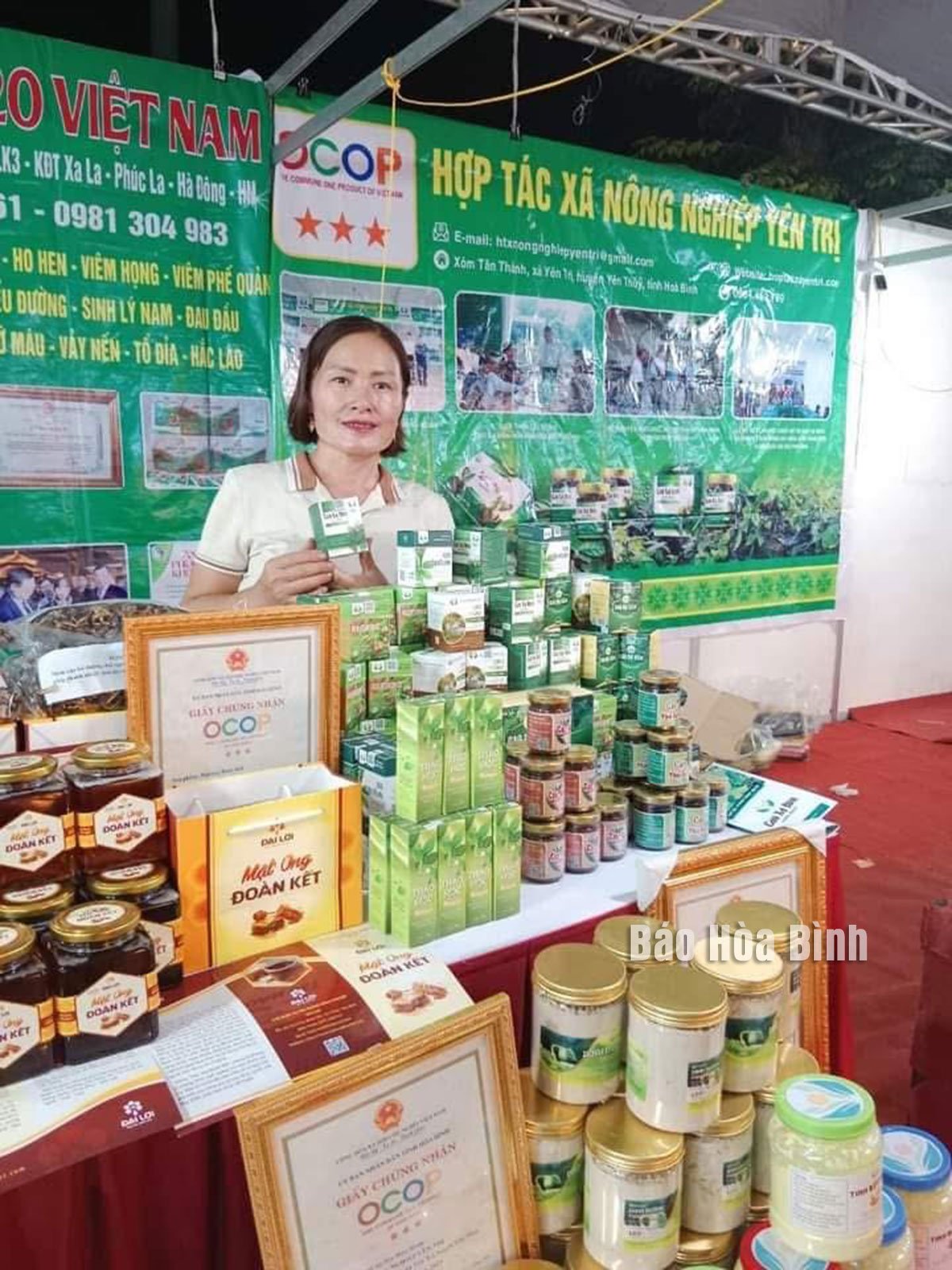
![[Photo] Readers' joy when receiving the supplement commemorating the 50th anniversary of the liberation of the South and national reunification of Nhan Dan Newspaper](https://vstatic.vietnam.vn/vietnam/resource/IMAGE/2025/4/26/283e56713da94988bf608393c0165723)

![[Photo] Prime Minister Pham Minh Chinh chairs meeting of Steering Committee for key projects and railway projects](https://vstatic.vietnam.vn/vietnam/resource/IMAGE/2025/4/26/b9534596258a40a29ebd8edcdbd666ab)

![[Photo] Ho Chi Minh City people's affection for the parade](https://vstatic.vietnam.vn/vietnam/resource/IMAGE/2025/4/26/7fcb6bcae98e46fba1ca063dc570e7e5)
![[Photo] Young people line up to receive the special supplement commemorating the 50th anniversary of the Liberation of the South of Nhan Dan Newspaper](https://vstatic.vietnam.vn/vietnam/resource/IMAGE/2025/4/26/9e7e624ae81643eba5f3cdc232cd07a5)
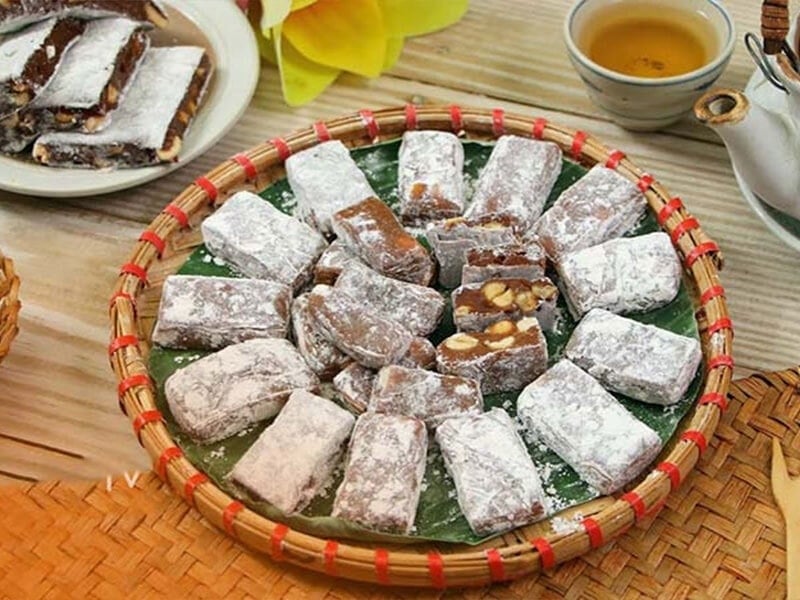

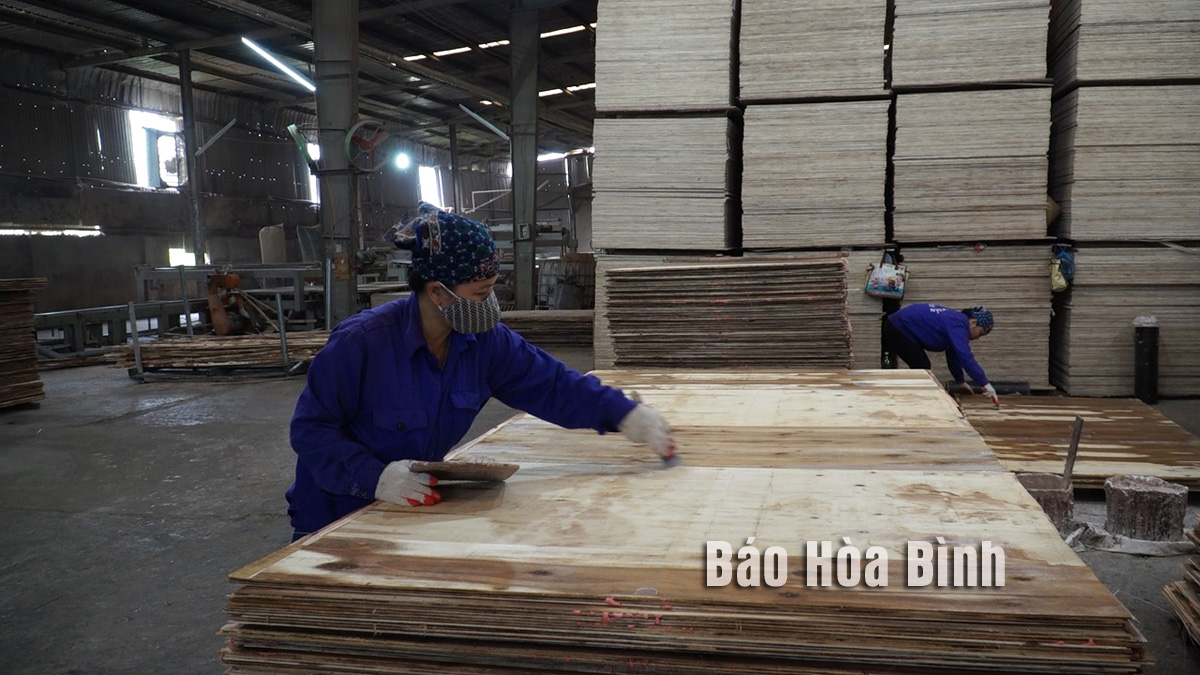

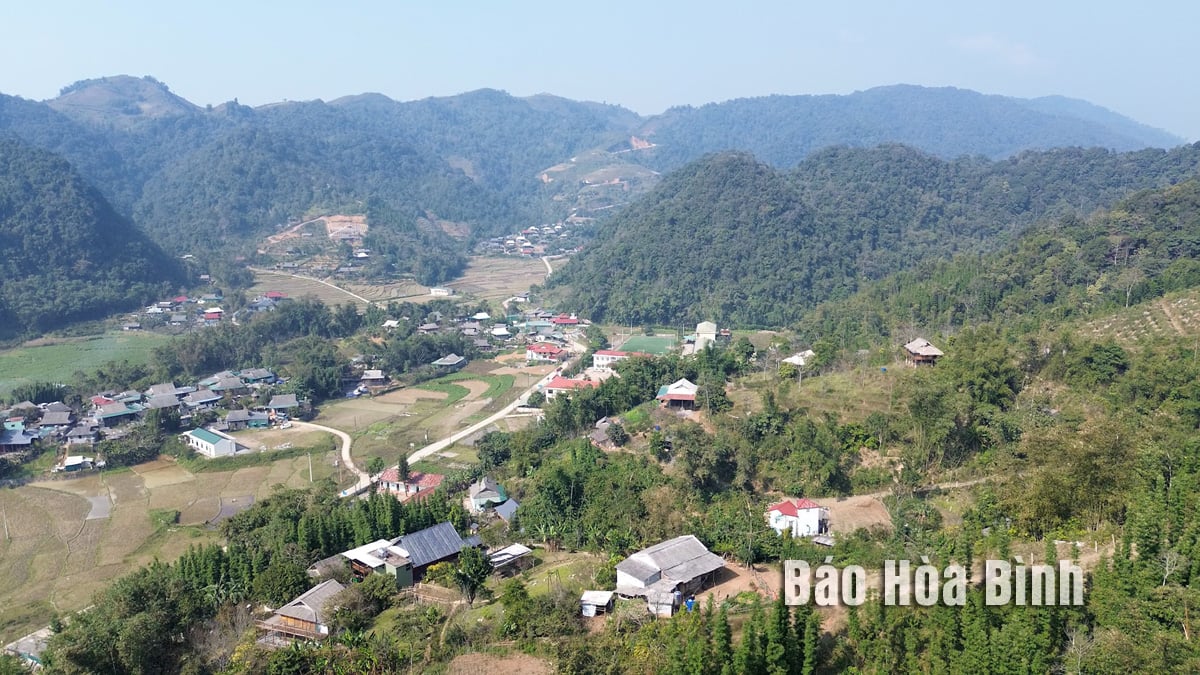





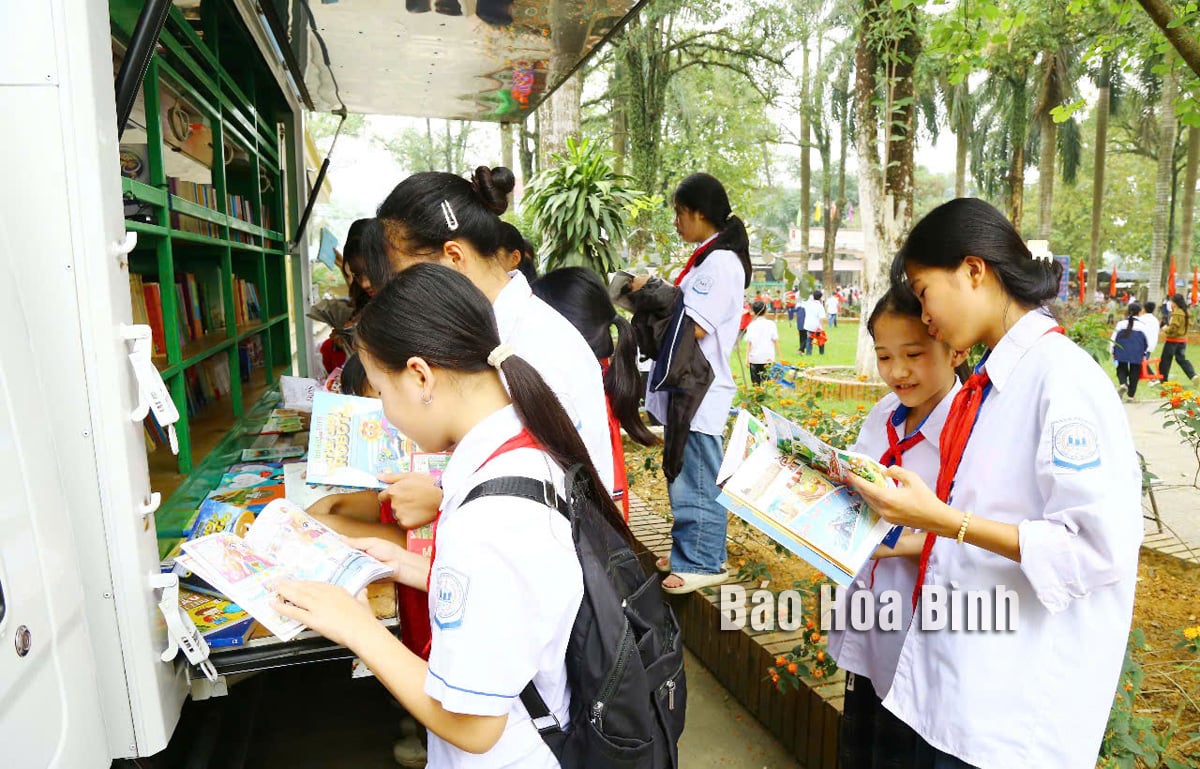
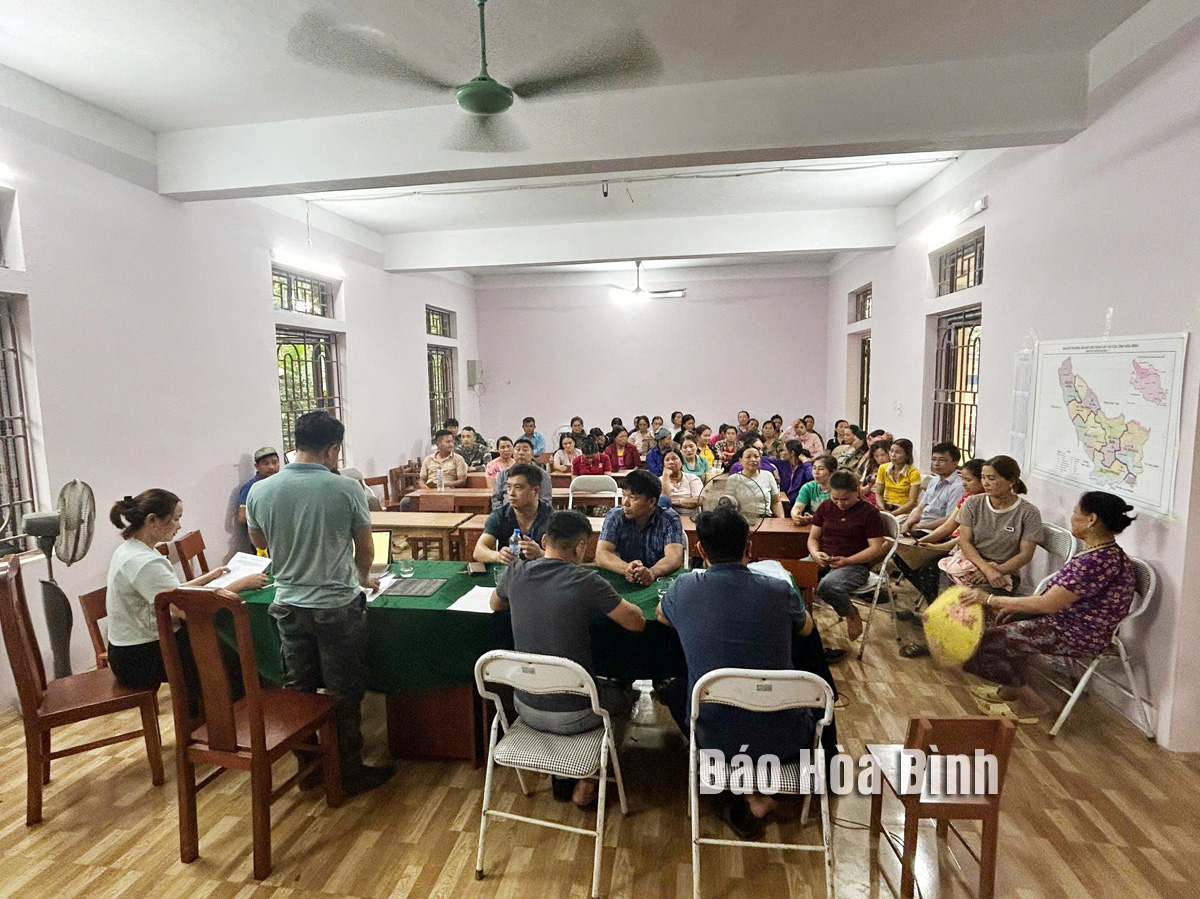
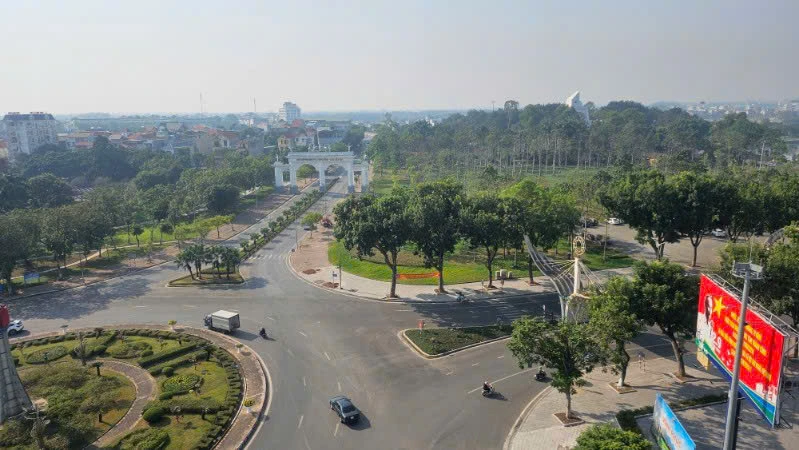


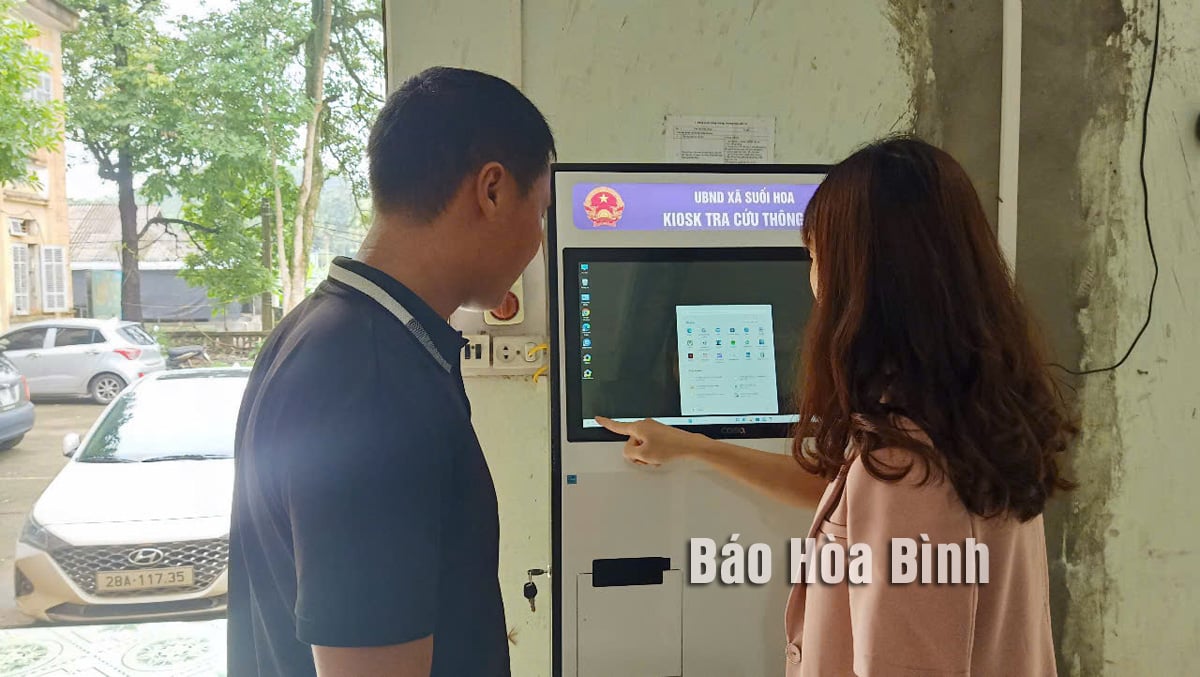
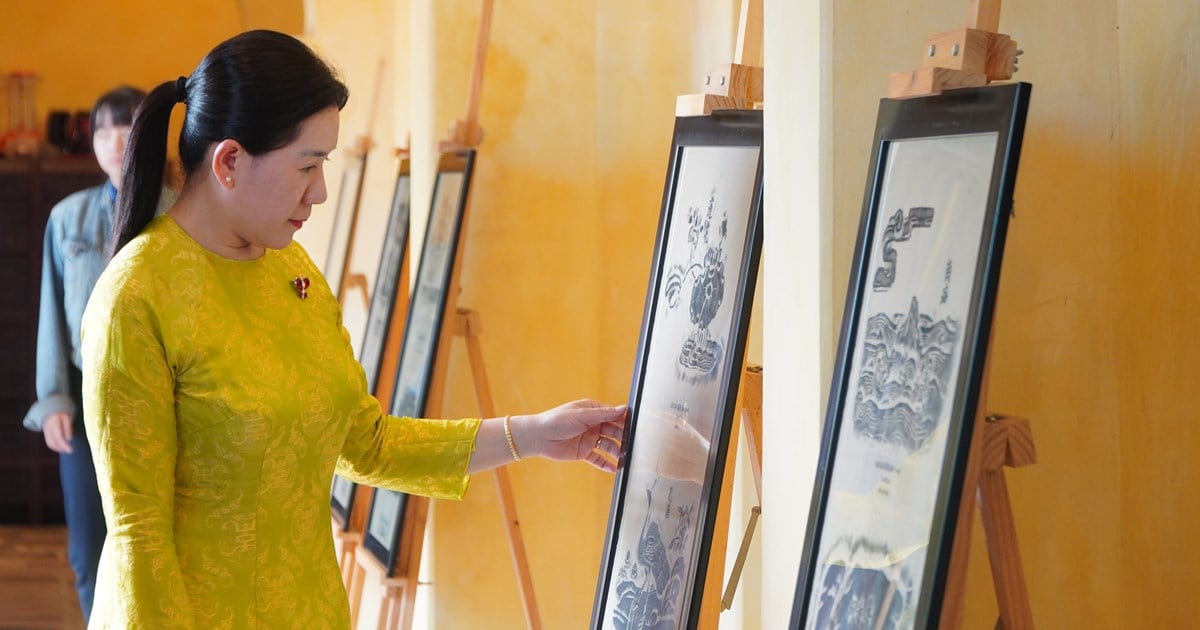



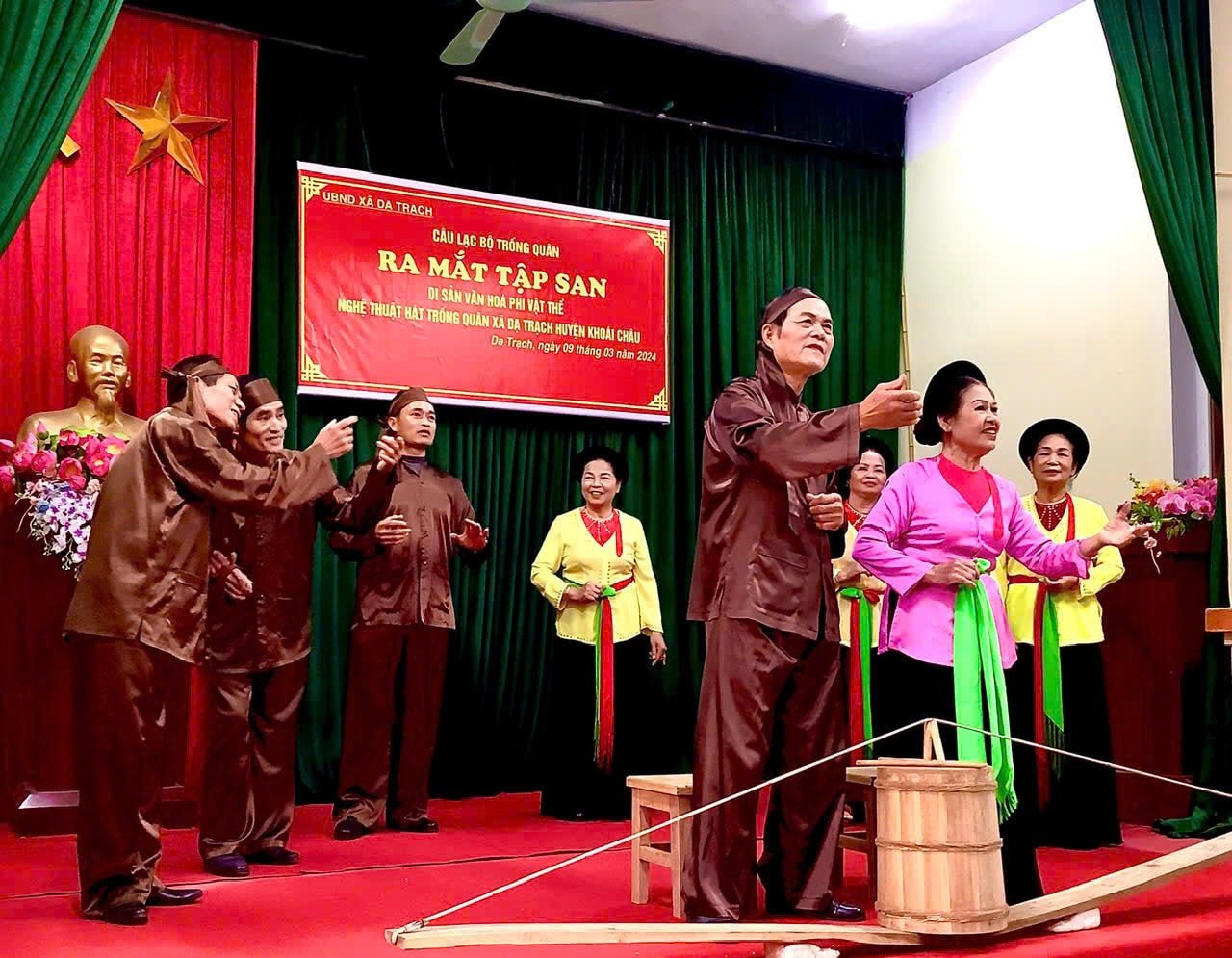

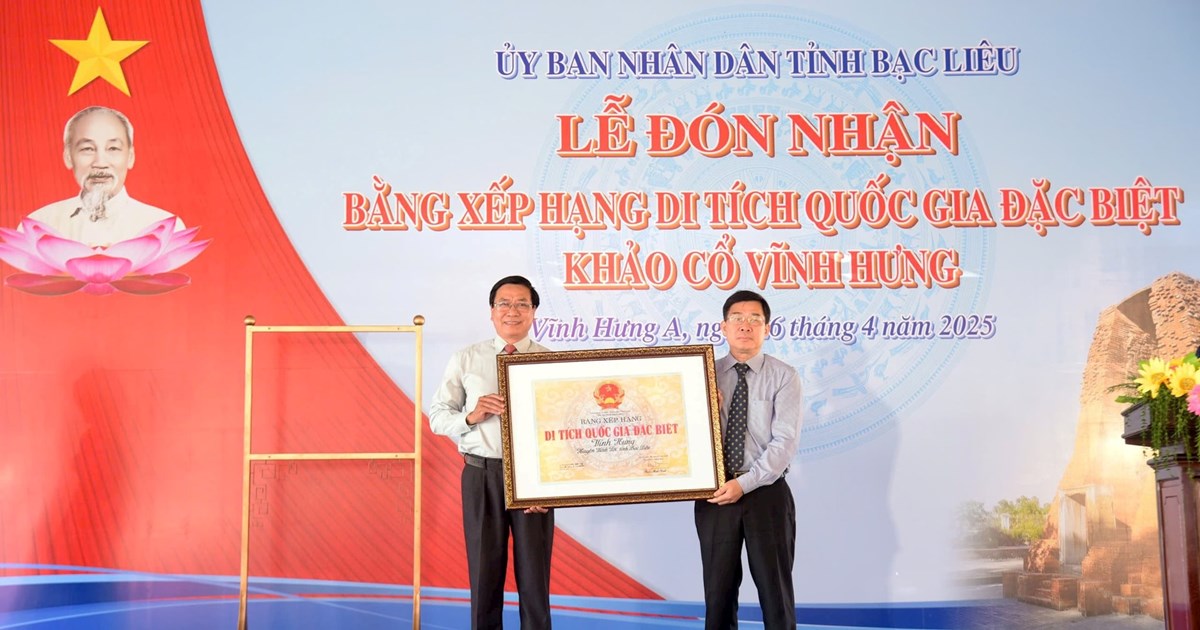


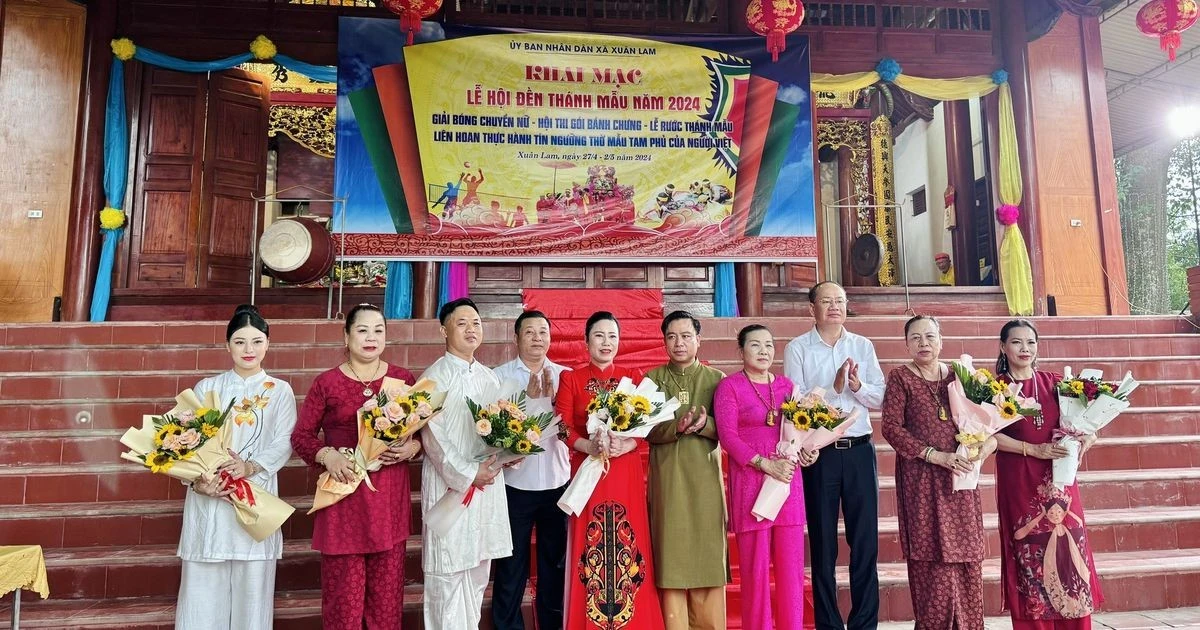


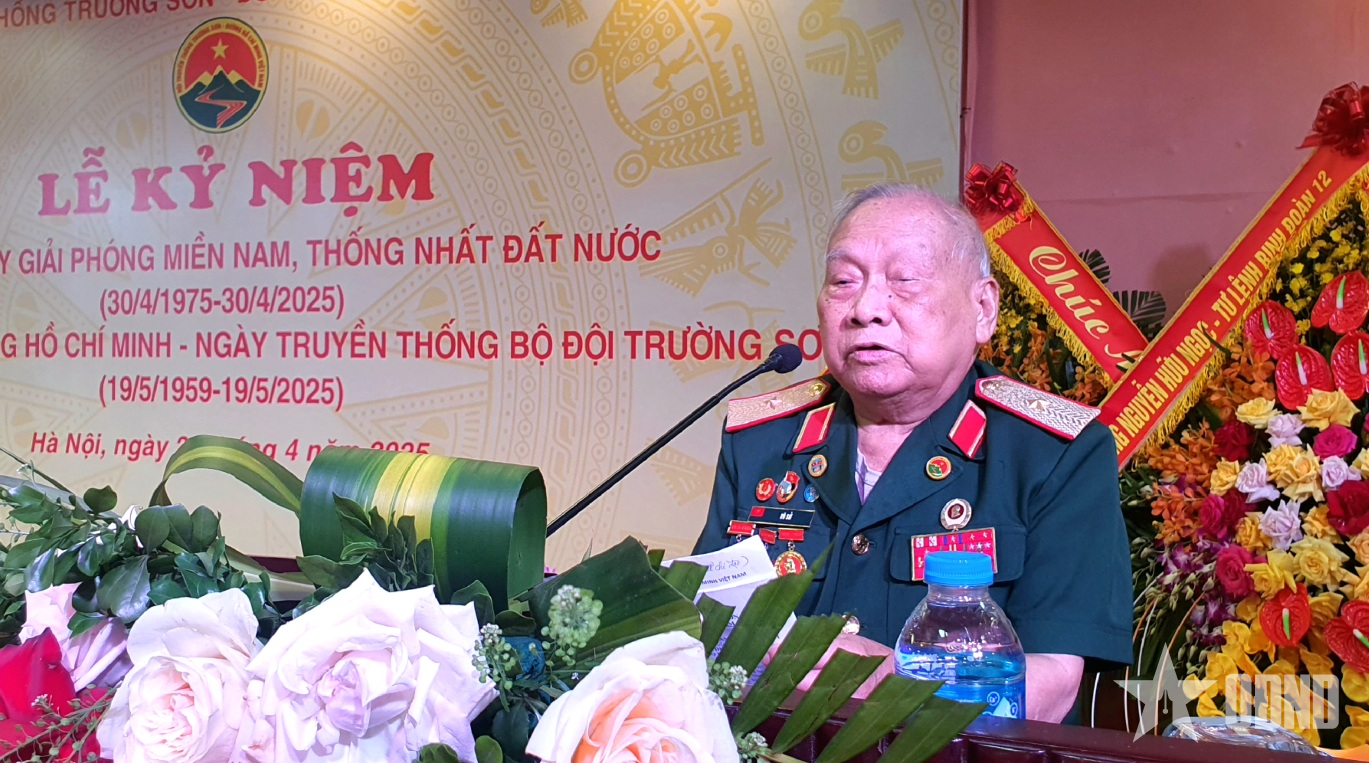

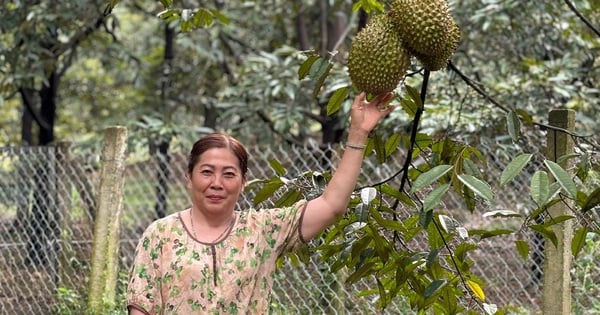

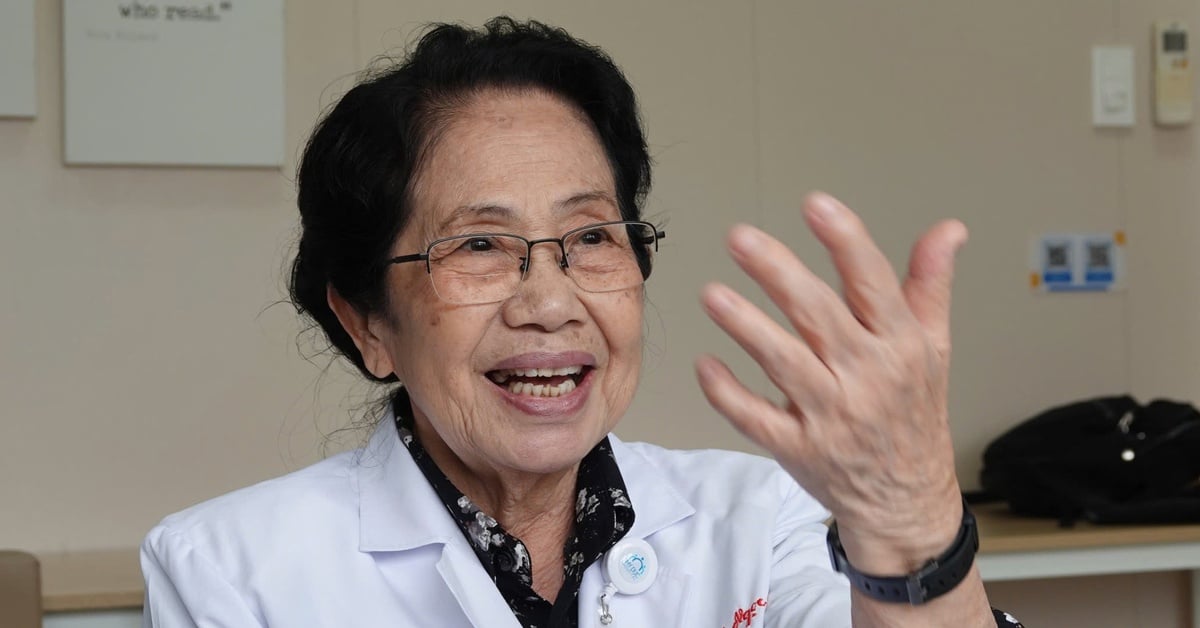













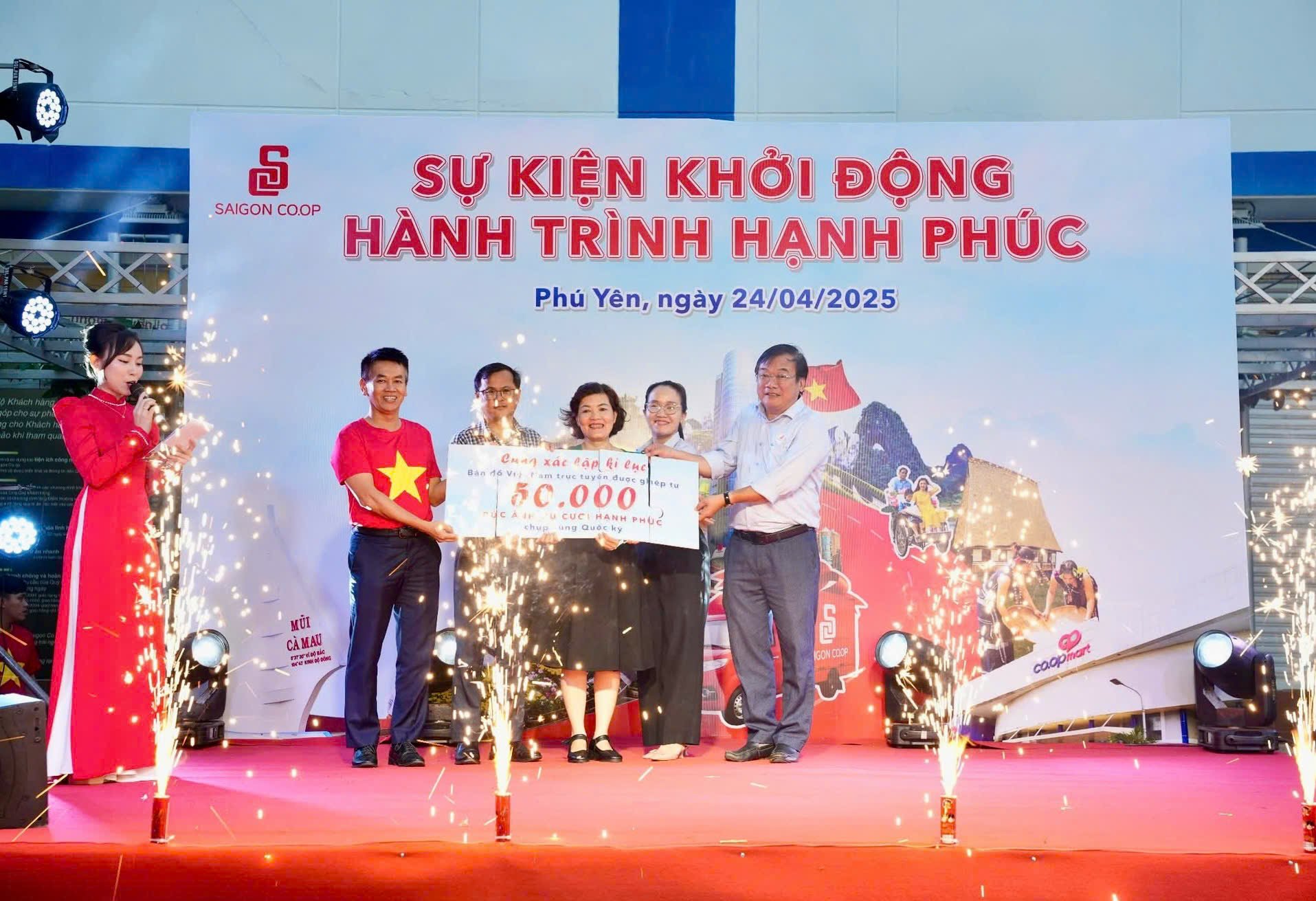









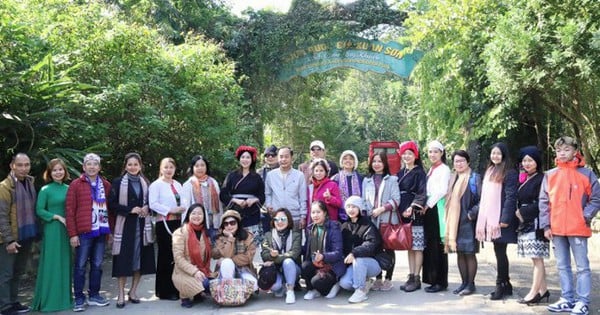


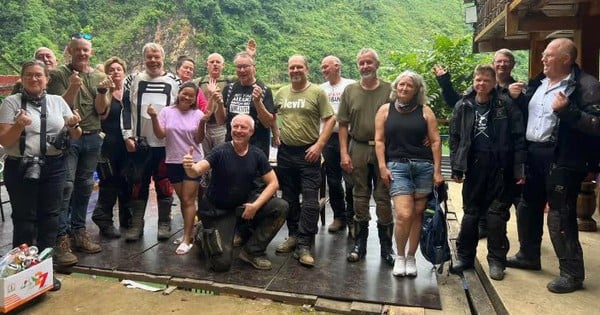

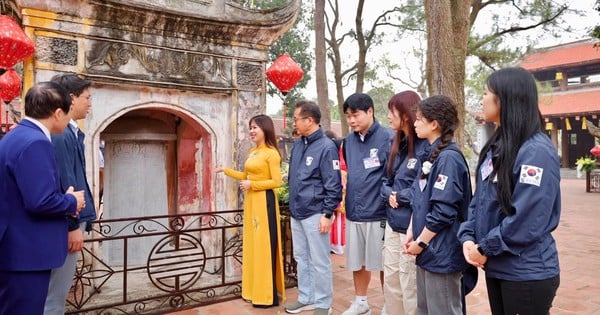

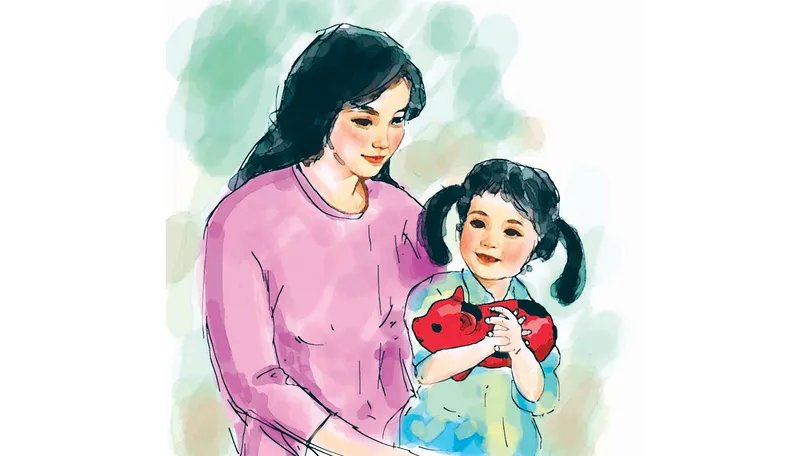


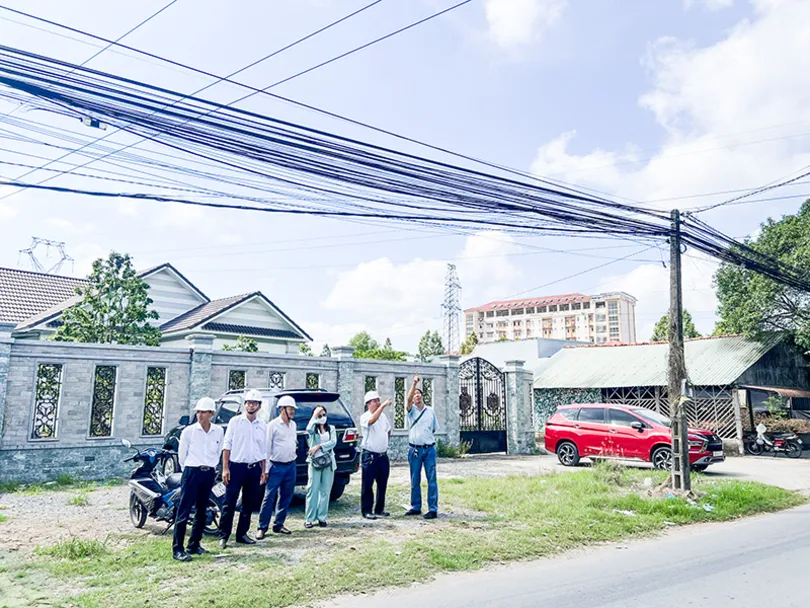
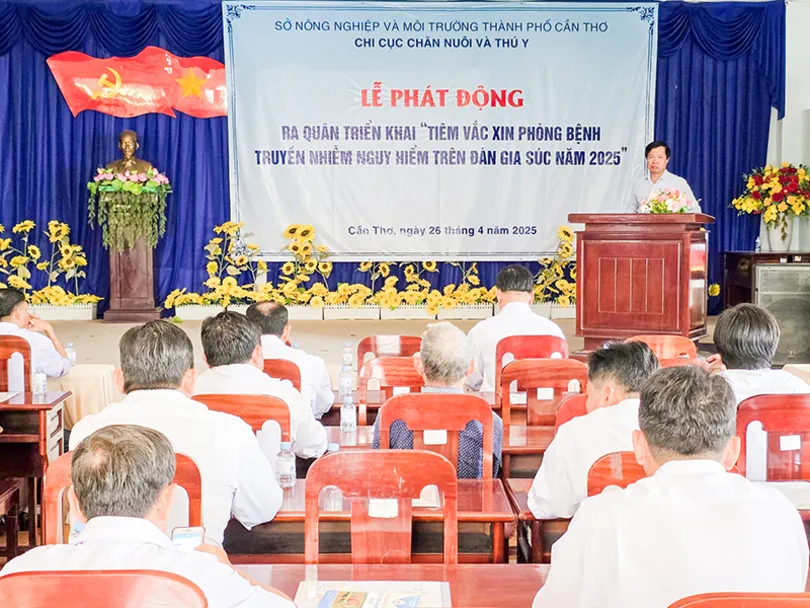




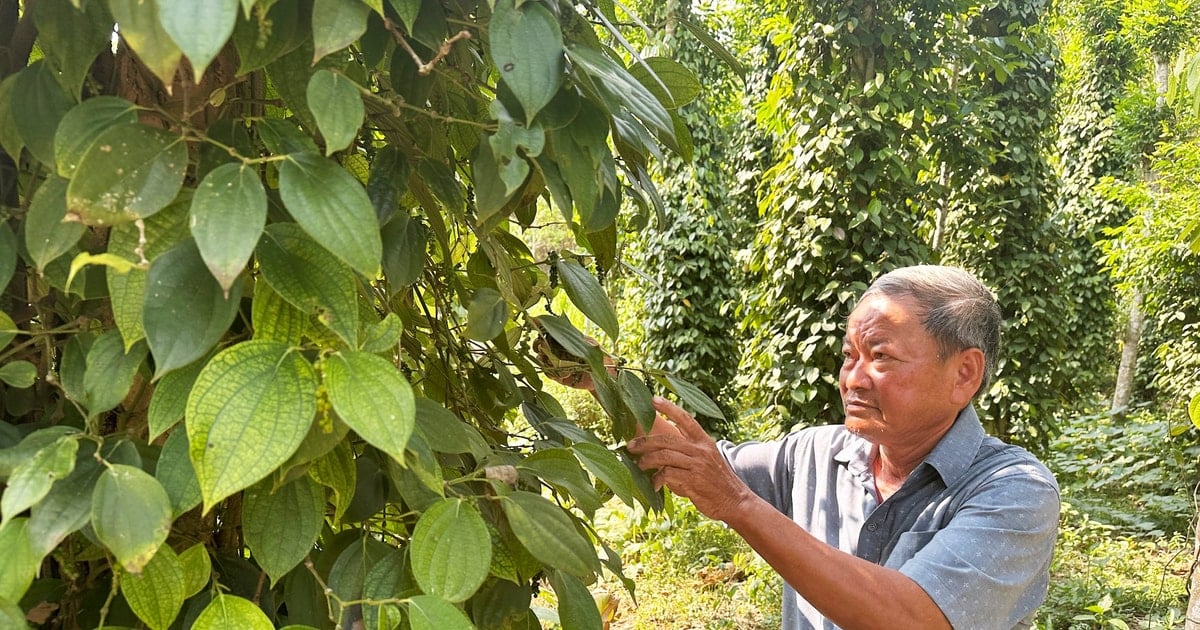

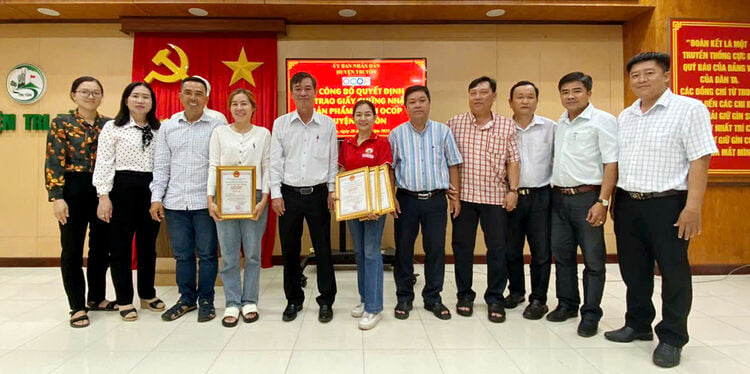

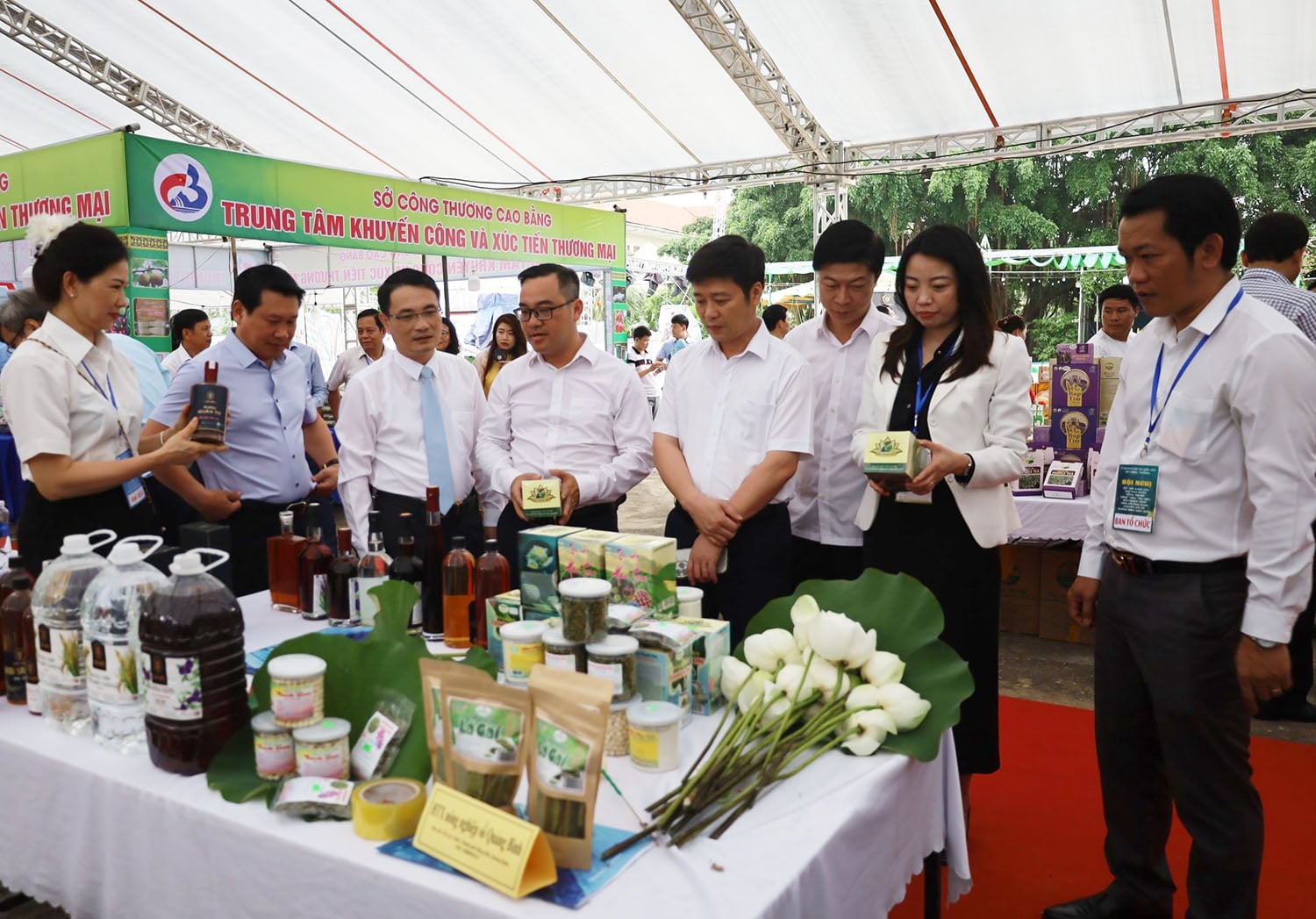

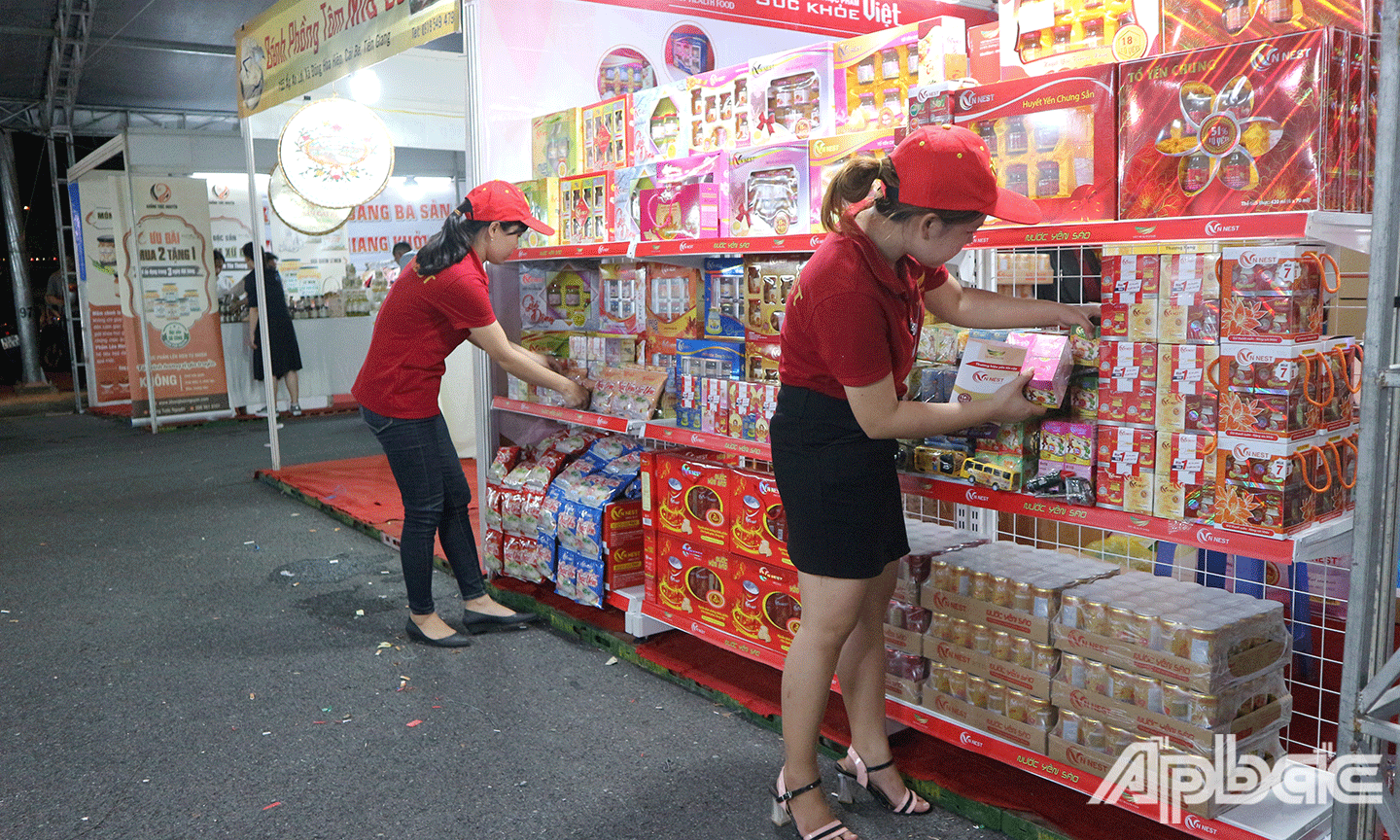

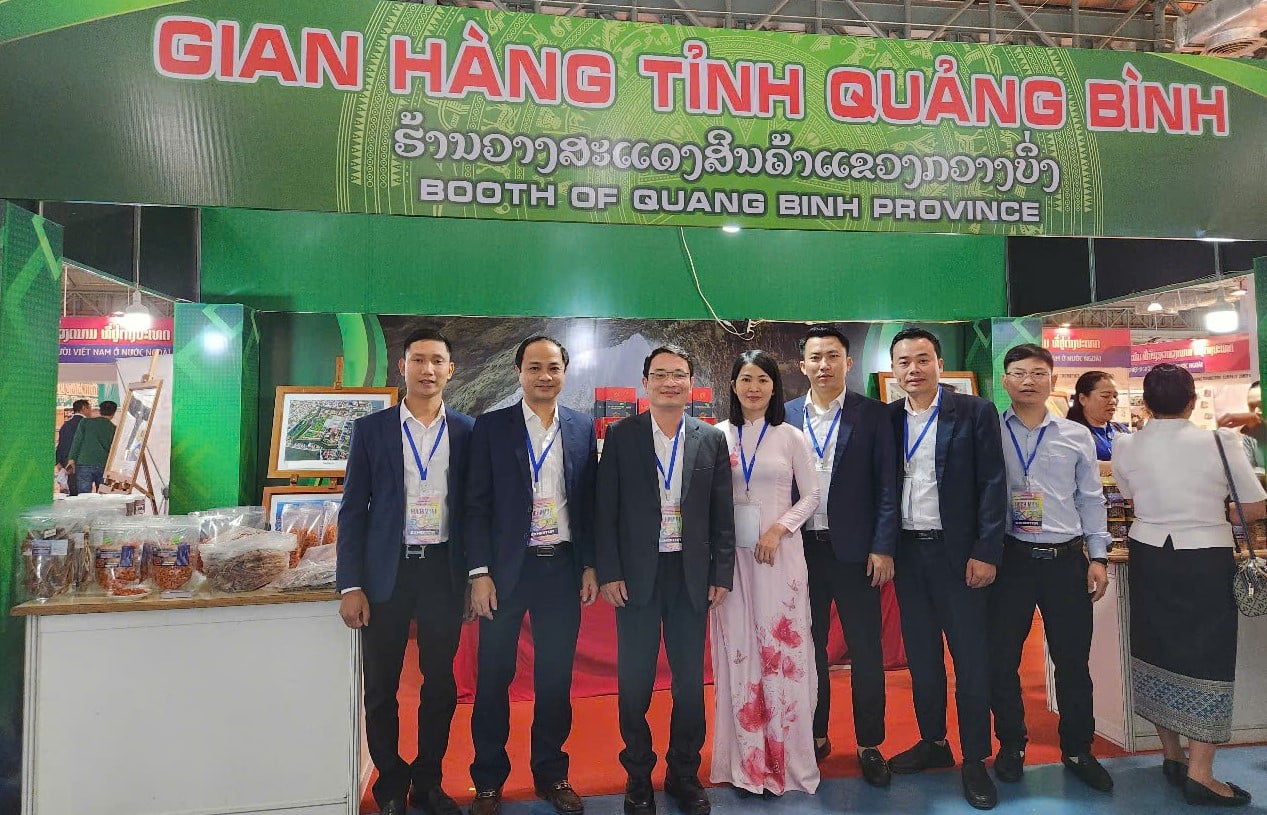
Comment (0)